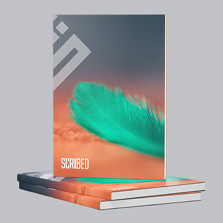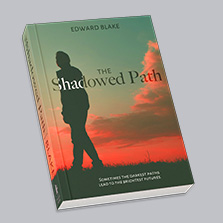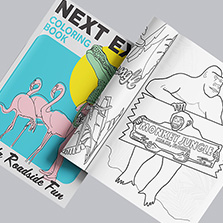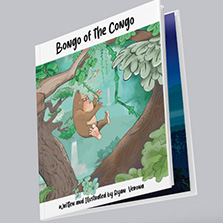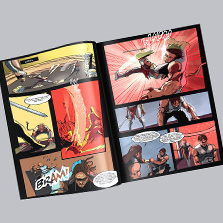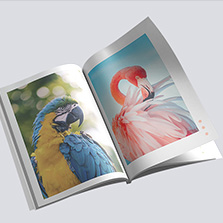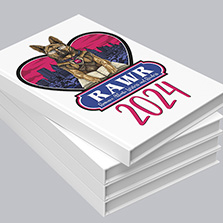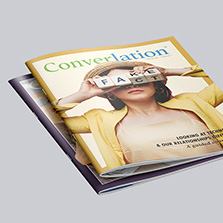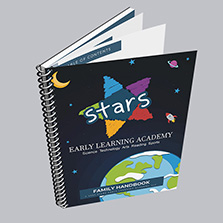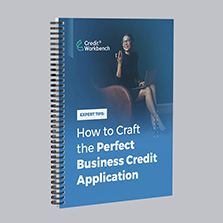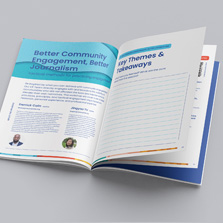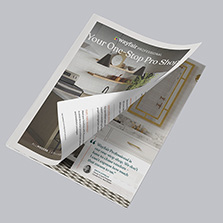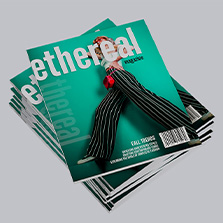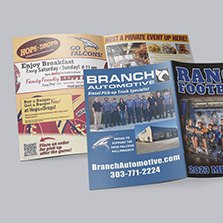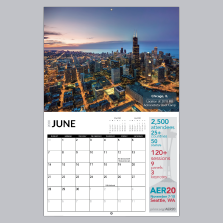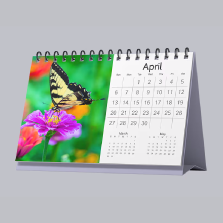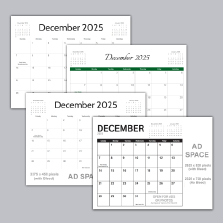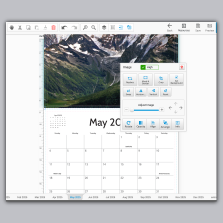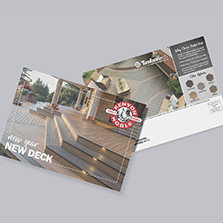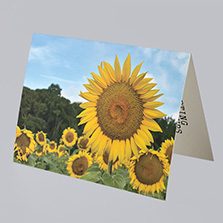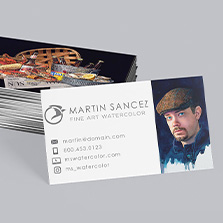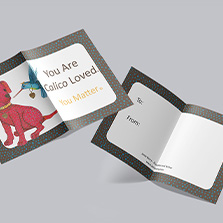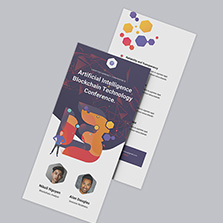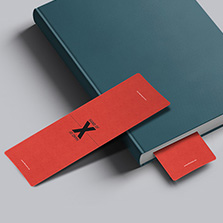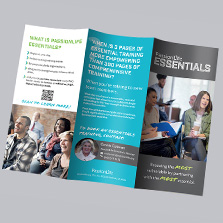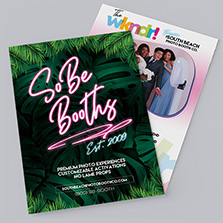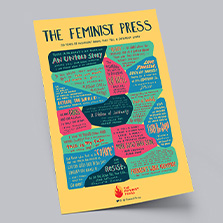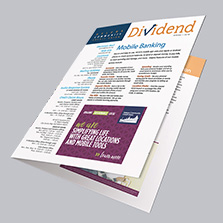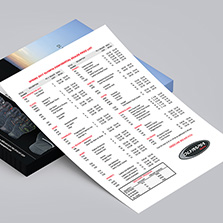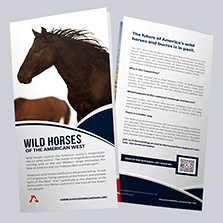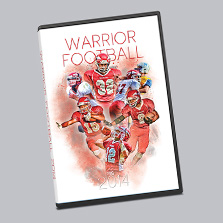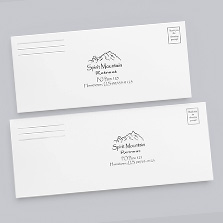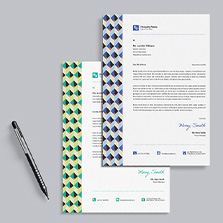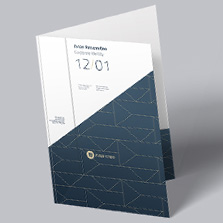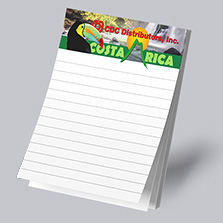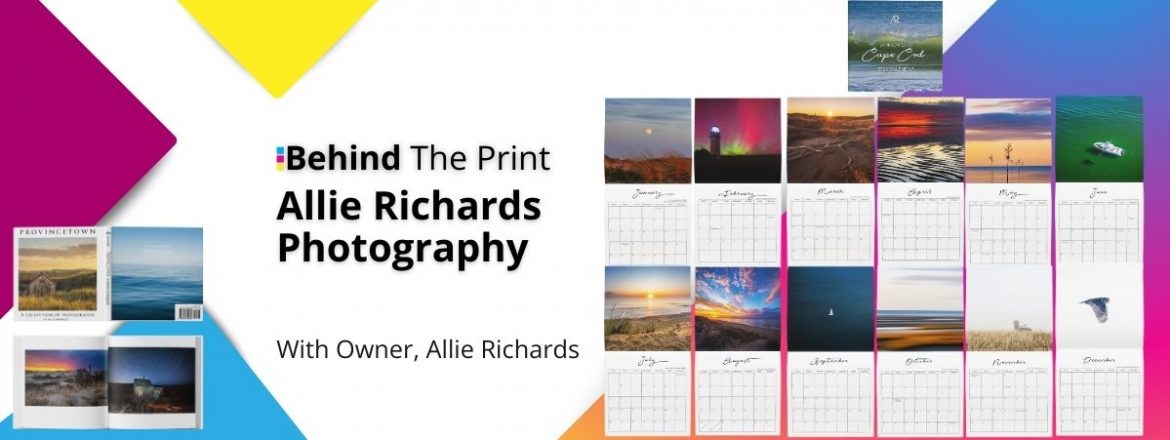
Behind the Print with Allie Richards Photography
In this episode of Behind the Print, we’re joined by Allie Richards of Allie Richards Photography. With a passion for traveling and photography, Allie goes into detail about how she uses print to put her pictures onto pages.
Below, you’ll find the transcript of our conversation, edited for clarity to ensure easy reading. If you want the full, authentic experience, make sure to check out the video attached below.
Connor: Welcome back to the Behind the Print Podcast, where we feature industry leaders in uncovered creative minds and their businesses within the world. Professional Printing. Our mission is to provide you with inspiring actionable resources that elevate your business projects and accelerate your journey to excellence in profit and in print.
Today am joined by the owner of Allie Richards Photography. Allie Richards, welcome to the podcast.
Allie: Hi Connor. How are you?
Connor: I’m good, thanks. Thank you for joining us. Thank you. If you’re ready, if you’re ready, let’s just dive right in. Sound good?
Allie: Sounds good.
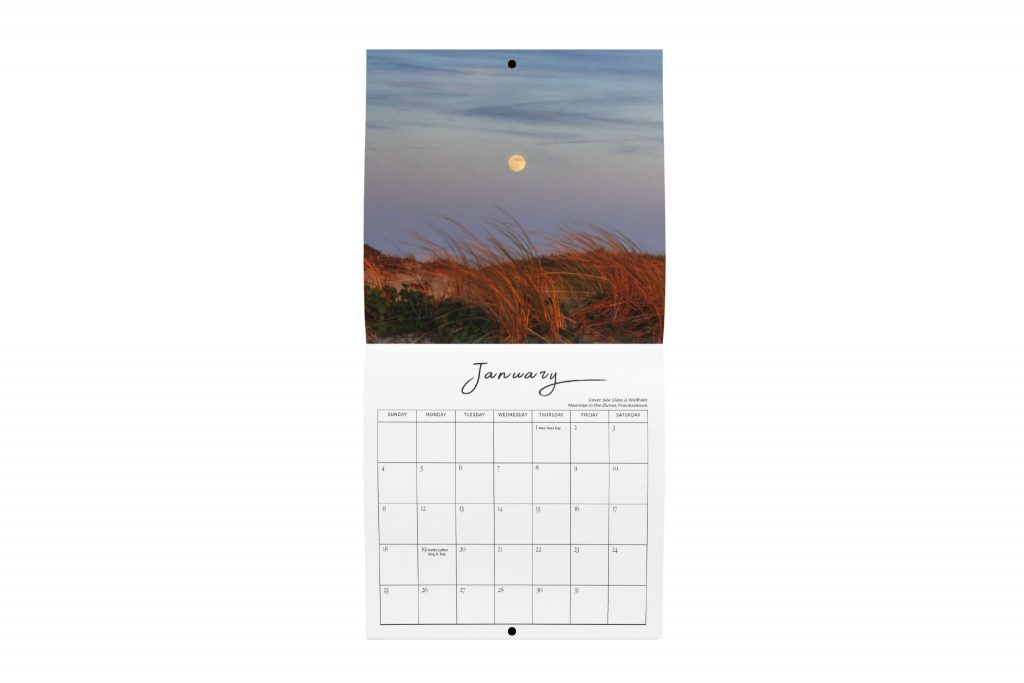
Connor: So tell me a little bit about yourself and what you do.
Allie: So I am a full-time, landscape and nature photographer living here on Cape Cod, Massachusetts, on a year-round basis. So I make my living by selling my fine art prints. Photography prints, matted prints, metal prints, and then various other items like that. I use printing center for like my new book of photographs of Provincetown, my calendar that I do every year, some puzzles here and there.
And then the other part of my business, I actually co-own a second business called Blue, our photo ventures. And that’s the teaching aspect of what I do. So when things kind of quiet down, my business is pretty seasonal here in the summer when we have tourist crowds. That’s my main client base. And then in the winter when things slow down I actually travel a lot either across the United States or abroad and, run these photography educational workshops, either at home or abroad.
Connor: Yeah, I saw that I was looking at your Instagram and your website, and it looks like you’ve been all over the world. How did you get into, I guess I would call it, travel photography?
Allie: Yeah. I’ve always been interested in travel. I studied abroad in college. That was the first time I left the country and I went with my camera and that’s kind of how I fell in love with documenting and photographing the world.
And I really haven’t stopped since then. I really started taking photography seriously in terms of a career, I have always been trying to figure out. How can I marry those two things together? You know, selling my artwork and also getting to travel. So the teaching aspect kind of, it became just natural in how to do those two things together.
“I’ve always been interested in travel. I studied abroad in college. That was the first time I left the country and I went with my camera and that’s kind of how I fell in love with documenting and photographing the world.”
Connor: When you started traveling abroad in college, where was the first place you went to?
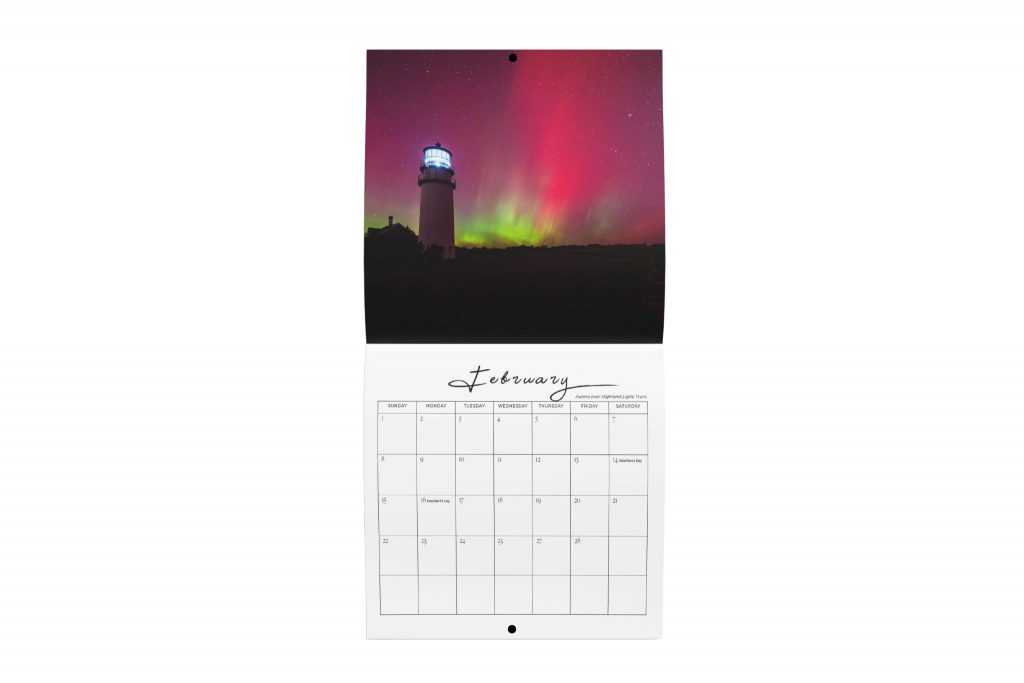
Allie: Oh, I studied abroad in Italy. I didn’t go to Rome or Florence, but I studied actually in Perusia, so a little town in between the two. And I did not know that they didn’t speak English, so that was a bit of a challenge, but I made it through and it made my experience all that much better.
Connor: Yeah, I did some studying abroad when I was in college as well. I was in Edinburgh, Scotland.
Allie: Oh, nice, nice. I’ve not made it to Scotland yet, but that’s a big one that I get a lot of requests for, so I’m hoping to be able to travel there at some point.
Connor: Do you have a favorite subject to photograph or film?
Allie: Oh, that’s a good question. I spend like a lot of my time here on the beach because that’s, that’s where I live.
But I’m actually not a beach person. I don’t think I’m supposed to say that, but I, I actually love the mountains. I grew up going camping with my family, as much as we could in the White Mountains in New Hampshire. I live in New England, it’s fall foliage season is coming up and that’s like a really big thing for people here. So, I look forward to that the most. I think,
Connor: I’ve spent some time in the White Mountains, especially around this time of year when the leaves start changing colors. I honestly didn’t know trees could turn those certain colors like purple. I’ve never seen that before.
“I grew up going camping with my family, as much as we could in the White Mountains in New Hampshire. I live in New England, it’s fall foliage season is coming up and that’s like a really big thing for people here. So, I look forward to that the most.”
Allie: Yeah, golds, reds. It’s just, it’s such a beautiful, it’s such a short time period too, so you really have to savor it.
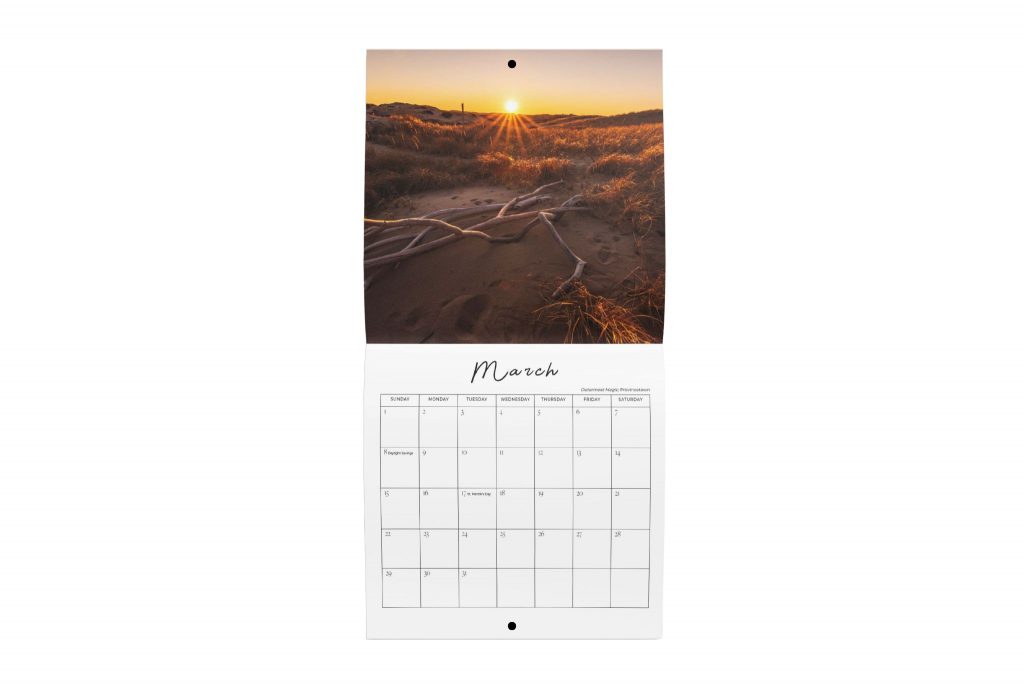
Connor: So when it comes to your photography tours, who are your usual clients? Are they typically new to photography? Are they more experienced?
Allie: It’s kind of a mix. I find that it’s mostly people who are of retiring age, who are looking for something to really dive into and learn, get outside. Photography’s also not the cheapest, hobby to take on. So, people who are able to take the time off where that’s not really an issue. Those are our most popular clients and, you know, it’s really a mix of people who are either in camera clubs and , they’re looking to create really impactful images and they’re looking to tweak things and learn from professionals.
But we also do get quite a lot of beginners and just want to cut out all the, you know, mumbling about in the beginning and just really get structured help from people who know how to teach it.
Connor: So you did briefly touch on this, but what sort of problems do you help these individuals solve?
Allie: Oh my gosh. There’s all kinds of things. There’s so many different types of cameras now. There’s DSLR, now there’s mirrorless, there’s all these different technologies. People, you know, just getting the settings right. There’s the technical aspect of photography that’s very mathematical, very logical.
Some people have a lot of trouble with that. But then it’s the creative aspect, which I think is actually more difficult to teach. It’s how to see things, how to anticipate moments, how to read weather, how to read the light. These are all things that we teach. Either in a structured format with like presentations or just through doing like hands-on, being out in the environment.
I’m showing you how I work, how I’m gonna approach a scene, how I look at things, and then I work with you one-on-one and from the back of your camera screen, well, how can we make this better? What do you like about this? What don’t you like about it? And then we go from there. So it’s really tailored, , to what you wanna get out of the experience.
“It’s how to see things, how to anticipate moments, how to read weather, how to read the light. These are all things that we teach.”
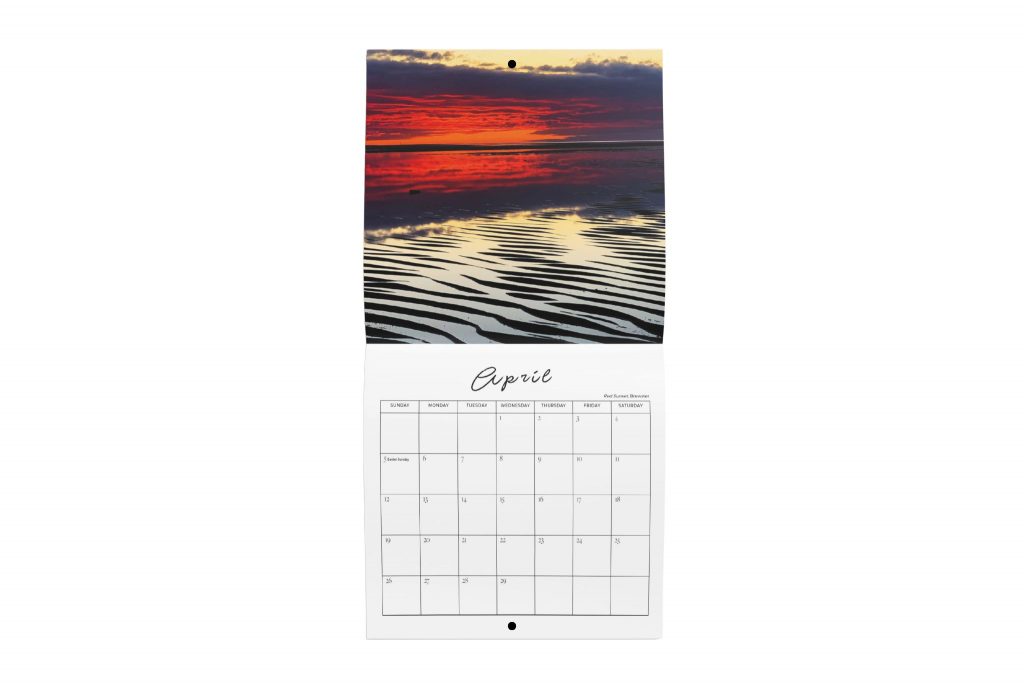
Connor: Could you go into a little bit more detail about how you go about solving these problems?
Allie: Yes. I mean, it depends on what the problem is, but like, if it’s a settings issue, if there’s like a problem with the camera, like things are not working or for some reason and they should, we’re gonna pull out the camera manual and go through it together.
So it’s all about figuring out menus in depth, how to this works, how that works. And then the other aspects. Like the creative aspect. One thing that they really enjoy is when we do our Zoom sessions. So like after we have our trip, we’ll come home and we’ll set a date where everybody actually submits their favorite images together and we’ll go over them live online.
We’re offering critique, feedback, constructive criticism, on how I would do this different. And then we’ll actually go. Live through light Adobe Lightroom or whatever program we’re using and actually show them how we would do that, to fix it.
Connor: What advice would you give to someone who’s just starting out as a photographer?
Allie: I think my advice would be to not get so caught up in, what model camera do I have, which one’s the best? What do I need? Stop worrying so much about your equipment and how your equipment might be limiting you, and rather just focus on what you’re seeing out in the world. Stop talking yourself out of doing things like get outside, get shooting, take a lot of pictures, stop, feeling like it’s not good enough or it’s missing this, it’s not perfect, like it’s okay.
It, yeah, stop worrying about the equipment and the limitations on your equipment and learn how to use it to the best of your ability, before worrying about, you know, how much you’re spending.
“We’re offering critique, feedback, constructive criticism, on how I would do this different. And then we’ll actually go. Live through light Adobe Lightroom or whatever program we’re using and actually show them how we would do that, to fix it.”
Connor: Solid advice. So you already have a pretty unique business, both with your photography in Massachusetts and literally traveling the world. But how do you stand out from other businesses or photographers in your field?
Allie: Hmm, that’s a good question. When I am participating in like art juried, art festivals and whatnot, where you literally aren’t just allowed in to be a vendor at a lot of these events that I do, you have to be juried in.
So you have to have a good score. You literally have to stand out in some way. By nature. And one way I do that is having a discerning eye. I get, I think that I have a pretty intune eye that’s good for color. So I’m always looking for my very best work what is different than what other people are doing.
And a lot of my trips, a lot of my travels we go to these really famous vistas or viewpoints. And when I’m photographing these places that have been photographed a thousand times. I’m always asking, you know, well, what can I do differently? What can I contribute back to the world of photography and interpret this a little bit different?
And I think that comes through in my work and I think it comes through in my teaching. And I think that’s why we have so many repeat customers. I think that they learn, they like the way that I teach, that I get down on their level and then teach them something new that no one else is gonna teach.
Connor: Sounds like a very personalized experience.
Allie: Yes. Yeah., Our groups are like, we take six to eight people maximum. And I, it’s not just myself. There’s usually two instructors all the time. So you’re getting a lot of one-on-one. FaceTime.
Connor: Yeah, I was pretty surprised about how small the group is, but I think that makes sense.
Like you said, it’s more one-on-one.
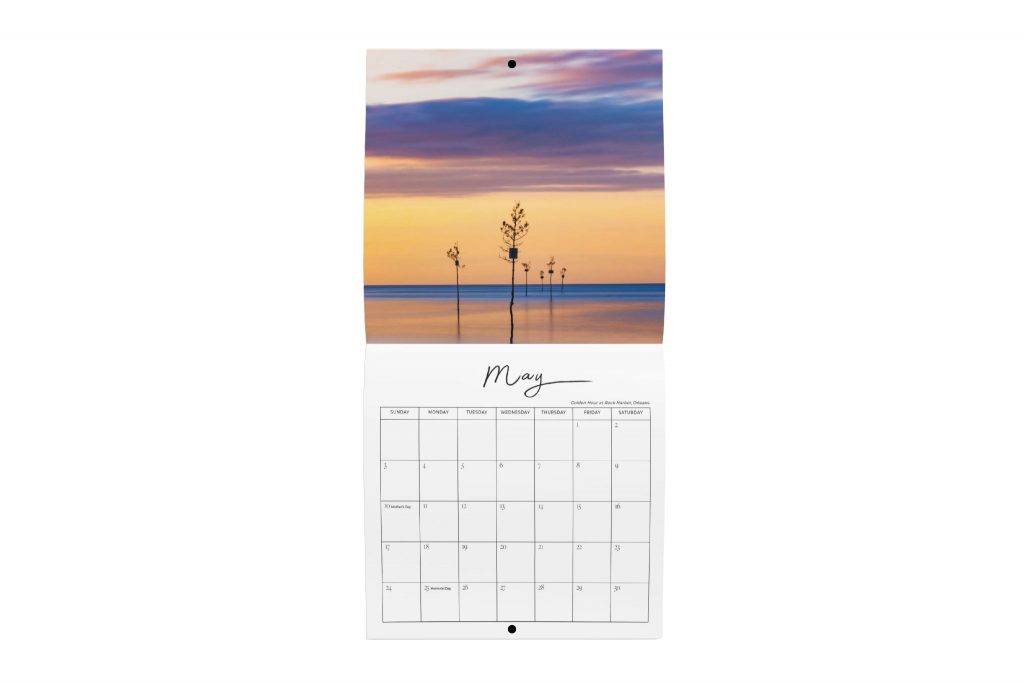
Allie: Yeah. I know a lot of photographers who run these groups, and I think that’s the trend is people don’t wanna be stuck on a bus with 30 people to be rushed through from place to place. ’cause the bigger the group, the longer, I mean, the longer it takes to do anything.
We eat dinners together and it takes. It takes a lot of time. Six to eight is like the perfect number where by the end everybody becomes friends. They wanna travel together again. But any bigger than that, I think people start to feel lost or like they don’t wanna ask questions.
Connor: Less personal. And also, you know, stage fright of asking a question in front of a group of people. Yes. Can you tell me about any major milestones or projects that has defined your career as a photographer?
Allie: Milestones. Well, let me see. I think last year was the first time I was invited to speak in front of a camera club here in New England. So that’s always scary. I hate public speaking. It’s not like my strong suit. I’m kind of a nervous person. I hated making presentations in school, so it kind of felt a little bit like being in school again. Um, but I was invited by one of the most prestigious camera clubs here in New England to speak, on a topic that they knew I knew a lot about. I didn’t even have a presentation created yet, but they knew they wanted me to do it. So I stepped up and did it and it was great. And I had a great time. And then since then, my name has spread around New England and I get asked by camera clubs every now and then to either present or to be, a judge at their print competitions.
So that was a pretty big milestone for me. Another one in terms of my work is my book that I made. I psyched myself out a lot about whether I had enough work to even do such a thing, but I pushed myself into doing it and I’m pretty proud. So I’m hoping to make more in the future, but that’s the first one.
“I think last year was the first time I was invited to speak in front of a camera club here in New England. So that’s always scary. I hate public speaking. It’s not like my strong suit. I’m kind of a nervous person. I hated making presentations in school, so it kind of felt a little bit like being in school again. But I was invited by one of the most prestigious camera clubs here in New England to speak, on a topic that they knew I knew a lot about. I didn’t even have a presentation created yet, but they knew they wanted me to do it. So I stepped up and did it and it was great.”
Connor: Well, it looks really good. You mentioned you were, invited to speak at a very prestigious photography club. Can you tell me the name of that club?
Allie: That is the Greater Lin, a photographic Association in Lin. So I think they’re one of the oldest camera clubs in the country. They have, I think over 400 members. They own their own building even, which the, that’s like pretty unheard of for as far as camera clubs go.
And they’re very, very competitive. So they’re, they have a very active membership.
Connor: Well, congratulations on being selected. That’s quite the achievement.
Allie: Thank you.
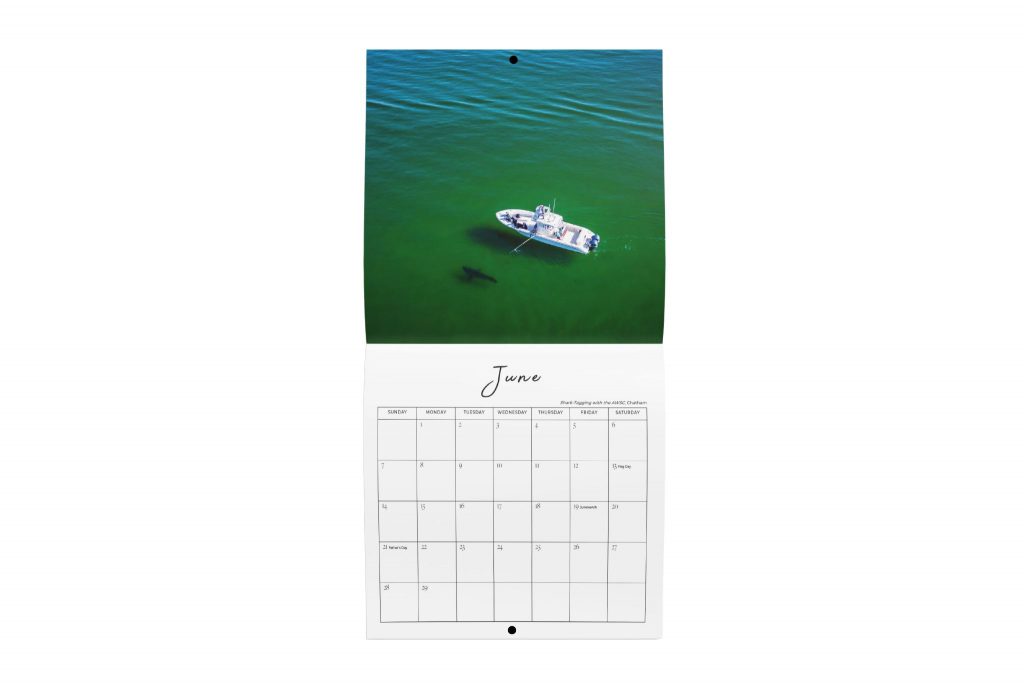
Connor: Can you tell me about any challenges that are holding you or your business back right now?
Allie: Mm. I think my biggest challenge, , I know for the teaching aspect for Blue Hour, I think the hardest part is getting out of like, I love New England and like, because that’s where I am, that’s where I’m talking to people and I’m meeting people and they’re seeing who I am and how I teach.
I love New England. I love all my clients here. But it’s hard to break out of that,, box. So like I do have customers, you know, on, on the West Coast sometimes, like people from Oregon, the Midwest will once in a while join me on a, a trip. But it’s hard to break out of these algorithms that we have now, like on Facebook and Instagram, they kind of limit you in.
So to get out of that and get reach to reach new people. And convince them that they wanna travel with me is, it’s tough.
Connor: I can imagine. Can you tell me about how print has helped elevate your business? I have one of your projects right here, your most recent calendar and it turned out great.
Allie: Yeah. Yeah. So, um, I’ve been doing calendars every year for the last like.
I don’t know, six or seven years. And since I moved here to the Cape full time, I’ve kind of focused in, my print selections for my calendar to be focused just on the Cape. And people here have come to really love them, like it’s become a tradition for them. I have people waiting, you know, in the wings to get my calendar.
So, it’s been really nice to build a clientele through, , traditional works like that through printing center.
Connor: We appreciate you printing with us.
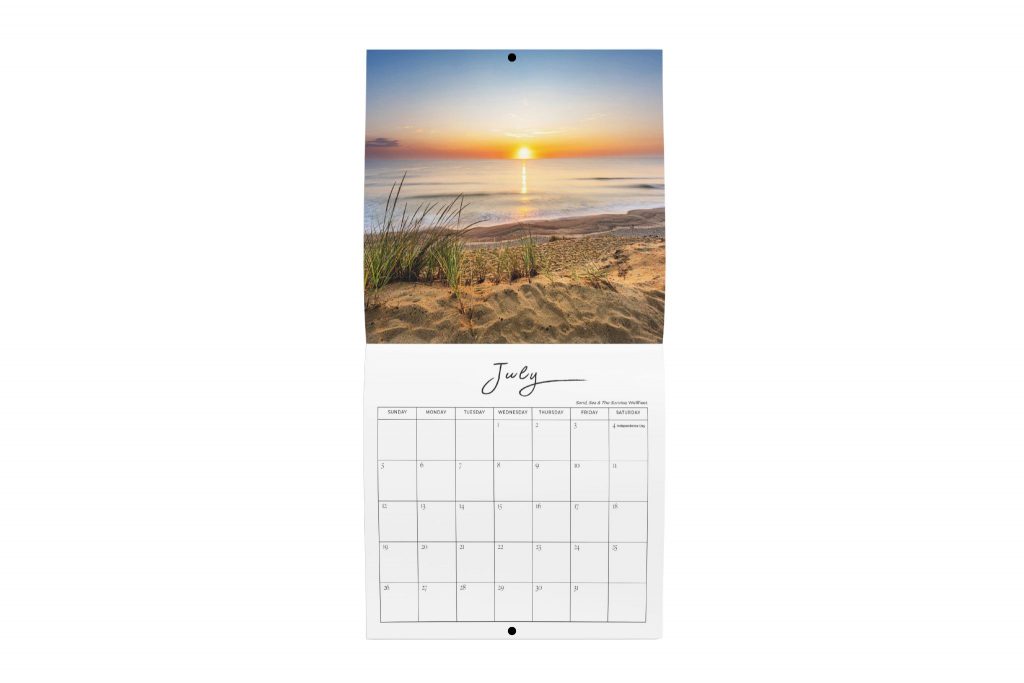
Allie: Mm-hmm.
Connor: So, sort of a different question here for you. If you had a day completely free to spend however you’d like, how would you spend it?
Allie: Oh, it would not be on a plane.
One of my favorite things that I did, here on the Cape is I won a lottery to stay in, an off-grid dune shack right by the ocean. I was tuned off of social media. Electricity and whatnot. And all I had is my camera.
Um, that’s what I would do in, in, in September on a perfect day.
Connor: I see some of that fall foliage too.
Allie: Oh yeah.
Connor: So, one last question for you. How can our listeners get in touch with you, book a tour, collaborate with you on a project? What’s the best way to get in touch?
Allie: The best way to get in touch with me would be to send me an email either through my website.
It’s allierichards.com, A-L-L-I-E. That would be for, commissions, print work, speaking gigs, anything like that. And then in terms of signing up for a trip or just to see what the offerings are that we have going on, that would be blue our usa.com.
Connor: Okay. Well, did you have any questions for me?
Allie: No. No, I don’t think so.
Connor: All right. Well, I’d say that’s a wrap on another episode of Behind the Print. Thank you to our listeners for joining us as we explore the artistry and innovation of the printing world. Remember, having a strong vision, building the right strategy, and using pools like print to amplify your message will make your brand stand out from the crowd.
If you enjoyed today’s episode, be sure to get your sample pack today from printing center usa.com and share it with your fellow business enthusiasts. Until next time, keep those creative sparks flying. And remember, there’s always more to discover behind the print.

